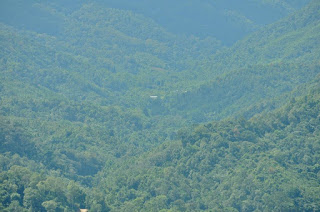
In Meruake, Indonesia, 1-2 million hectares of rainforest and small-scale farming plots are being converted into export-led crop and agrofuel plantations, potentially impacting the food security of up to 50,000 people. Three thousand hectares of land in the Isabella region of the Philippines has already been converted to sugar cane production for agrofuels, with a further 8,000 hectares being targeted. These developments are part of a broader trend in South East Asia towards increased large-scale land acquisitions for producing biofuels.
In response to these acquisitions, UN Special Rapporteur on the right to food, Olivier De Schutter, and UN Special Rapporteur on the rights of indigenous peoples, James Anaya, have urged governments to “step up their vigilance in regard to large scale acquisitions to ensure that the fundamental rights of these communities are not violated, be they small-farmers, fishers, hunters, foragers or craftsmen.” The experts warned that “converting bio-diverse forest land to intensive monocropping can entail wide environmental impacts, from the loss of forest-dwelling game species in Meruake, to reduced resistance to flooding and landslides in Isabela….we must also be sensitive to the impacts of sudden influxes of workers on local food access, traditions and ways of life.” They further argued that “development is not always the outcome, however many jobs and export dollars a project promises to yield…new economic opportunities, and new, more intensive uses of land, must not be at the expense of the human rights of local populations.”
Read more about their comments here. Read more about Special Rapporteur Anaya’s work here. Read more about Special Rapporteur De Schutter’s work here.
